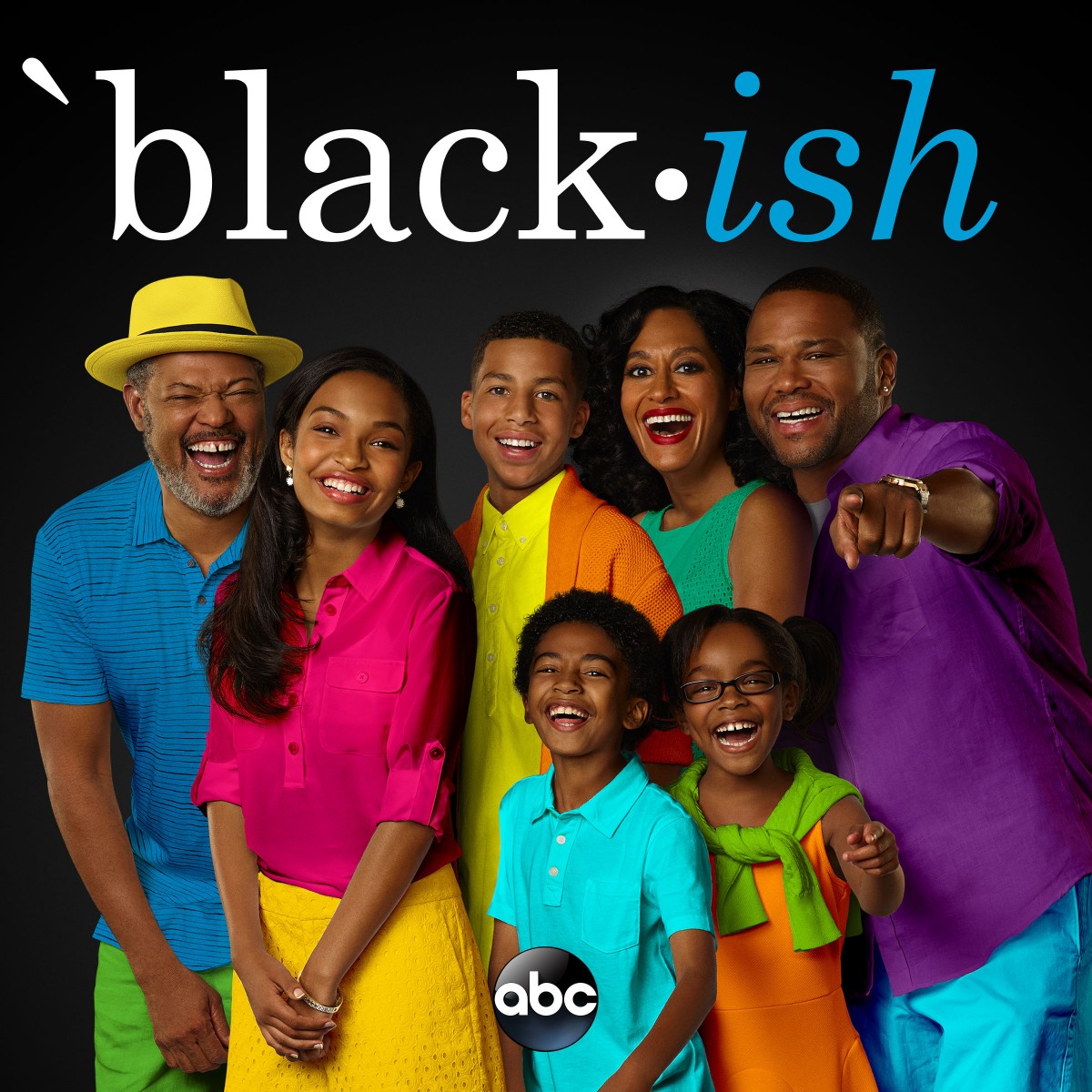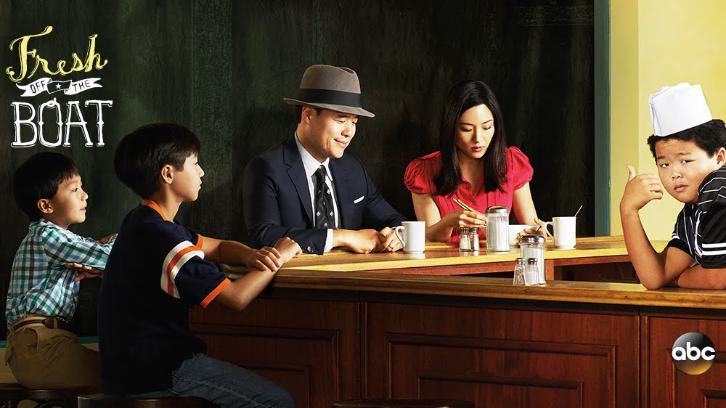By Stacy Nguyen
Northwest Asian Weekly
This month, I’m tackling two shows that I used to love very much, but the passage of time have ravaged their faces a bit — much like how wrinkles have started to overtake mine. But, it’s never too late to put on a bit of sunscreen and just take some time to think about why we do the unhealthy things we do.

“Simpsons” respond to Apu criticism with grace — JK!
On April 8, the people behind “The Simpsons” responded to accusations of stereotyping by presenting a meta episode of the animated show. In it, Marge Simpson reads her daughter Lisa a favorite childhood book that is rife with racism. Marge cleans up the book by making it politically correct. What results is a really crappy and bland story.
Marge asks Lisa, “Well, what am I supposed to do?”
Lisa says, “It’s hard to say. Something that started decades ago and was applauded and inoffensive is now politically incorrect. What can you do?” Then, the camera pans to a photo of Apu on Lisa’s bedside table.
Oh, okay.
The impetus behind this episode is, “The Problem with Apu,” a TruTV documentary that aired last fall. It’s by Hari Kondabolu and it features South Asian actors and performers talking about the problematic character of Apu on “The Simpsons.” Apu is basically a caricature rife with racially insensitive stereotypes, yet that character was the only mainstream representation of a South Asian in popular culture for the longest time.
By being dismissive of the concerns raised in his documentary about representations of South Asians in popular culture, Kondabolu told USA Today that the “The Simpsons” episode “doesn’t address the problem with Apu. Instead, it jabs at those who want to see better representation of marginalized groups in popular culture. It was petty and remarkably regressive.”
When asked by USA Today on April 27 about whether he has any thoughts about the criticisms of Apu as a stereotype, “The Simpsons” creator Matt Groening sounded like a tool and said, “Not really. I’m proud of what we do on the show. And I think it’s a time in our culture where people love to pretend they’re offended.”
In contrast, Hank Azaria, the actor who voices Apu, was actually cool and thoughtful. While he originally declined to appear in the documentary, he did appear on “The Late Show with Stephen Colbert” on April 24 and said:
“I think the most important thing is we have to listen to South Asian people, Indian people in this country, when they talk about what they feel and how they think about this character, and what their American experience of it has been. … Listening to voices means inclusion in the writers’ room. I really want to see Indian, South Asian writer/writers in the room, not in a token way, but genuinely informing whatever new direction this character may take, including how it is voiced or not voiced. I’m perfectly willing and happy to step aside or help it transition into something new.”

90s sitcoms, they’re just like us!
The “Roseanne” revival on ABC is a huge hit, smashing rating expectations. According to some reports, it brought in 10 percent more viewers than its series finale did in 1997. People love it. Yet — I don’t. And there was a comment in a recent episode about Asians and Blacks that I found troubling.
I was actually a huge fan of the original series — so much that I used to try and convince people to binge-watch it with me. The show portrayed a low-income white working class family with gravity and nuance. Some episodes ended with tension and ambiguity, not neat and pat.
In the 1994 episode, “White Men Can’t Kiss,” Roseanne’s son DJ was cast in a play in which he had to kiss his female co-star, Geena, who is Black. DJ refused to. Roseanne blew a gasket and tried to force DJ to kiss the girl. And Dan, the patriarch of the family, told Roseanne they can’t force their son to kiss someone he’s uncomfortable kissing — which you know, is true but also very complicated, right? Roseanne responded with a sick burn, witheringly telling Dan that she didn’t realize she had married a bigot.
And at the end of the episode, Roseanne’s moral high ground shook. She was closing up at work and a Black man knocked on the door — scaring her. She didn’t let him in until she learned he was Geena’s dad. He asked her why it mattered that he was Geena’s dad, intimating that she gut-responded to him with racial bias.
It was a goodass episode of “Roseanne.”
Its current incarnation is harder for me to love. And part of it has to do with the political shift of the protagonist. Roseanne, the character, has always read as vocally progressive in the original series to me. In the revival, she is surrounded by a racially and ethnically changed landscape — her son DJ is married to a woman stationed overseas in the military named Geena (!!!) and his kids are Black.
The show’s protagonist is now a Trump supporter. (It’s worth noting that Roseanne Barr herself is also a vocal Trump supporter.)

During an early April episode of the revival, Roseanne, the character, made a joke about fellow ABC shows, “Blackish” and “Fresh Off the Boat.” At the end of the episode, Roseanne and Dan wake up from a nap on the couch with the TV still on. They had missed a block of primetime TV — Dan said, “We missed all the shows about Black and Asian families.”
And then Roseanne quipped, “They’re just like us. There. Now you’re all caught up.”
The thing is, watching that joke was much like the first time I was called an Oriental. I didn’t like it — but I didn’t know why I didn’t like it. Sometimes racism is that sneaky, guys. I had to go take some time out to collect some reasons why it was BS, which I did. So here you go:
This character made a meta-comment to its huge audience dismissing two other family sitcoms featuring people of color. She basically said the shows aren’t even worth watching. It’s cool to sleep through them.
I don’t get why it’s funny to joke about how we’re humanizing Black people and Asian people now.
Like, I don’t get the joke. Like, I guess it’s kind of funny if I were white and I can finally find it within myself to see Asians and Blacks as people, too.
Also! Inaccurate! We’re actually not the same. Like, the Johnsons on “Blackish” are upper-middle class AF. Dre Johnson is wearing shoes that cost hundreds of dollars and Bow Johnson is a medical doctor. On “Fresh Off the Boat,” the Huangs are an immigrant family running a steakhouse. Jessica Huang sends her kids to Chinese school and is Tiger Momming them toward success. They are not like the Connors at all.
But cheap laughs. Cheap, bewildering laughs.

In 1994, Roseanne said something in the “White Men Can’t Kiss” episode that parallels what she said in April. In that episode, her words weren’t a joke. They were passionate and angry. Roseanne told DJ, “Black people are just like us. They’re every bit as good as us, and any people who don’t think so is just a bunch of banjo-picking, cousin-dating, barefoot embarrassments to respectable white trash like us.”
I miss that Roseanne. But I guess I must also acknowledge that people change over time.

Smash and runs
Yeah, I spent a lot of time on shows that were really popular in the 90s. Sorry. Here are some smash and runs so you have something to talk about at the dinner table tonight:
“Crazy Rich Asians” released a trailer. And it’s everything you’d expect from Jon M. Chu and more! However, the movie is also getting some heat over its lack of representation of brown Asians (South Asians, West Asians, Southeast Asians, and others). Singapore is 15 percent Malay and 7.4 percent Indian, but people have observed that the darker skin Asians in the trailer appear to mostly be servants or the help.
Cathy Yan — have you heard of her? Well, you’re about to. She’s being tapped to potentially direct a major comic book movie centered around the Harley Quinn character in “Suicide Squad.” Yan is Chinese American and is a former Wall Street Journal reporter. She made her feature film debut at the 2018 Sundance Film Festival, with “Dead Pigs.”
Jimmy O. Yang’s memoir, “How to American: An Immigrant’s Guide to Disappointing Your Parents,” was released at the end of March. Yang plays Jian-Yang on HBO’s “Silicon Valley,” which is a really cool and incisive role that deftly avoids falling into stereotype holes. (Jian-Yang is an app developer, aka a nerd, who is a Chinese immigrant and who speaks in a thick Mandarin accent.) Jimmy O. Yang will also appear in “Crazy Rich Asians.”
Stacy Nguyen can be reached at stacy@nwasianweekly.com.



